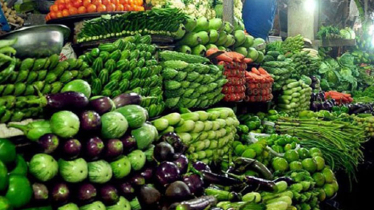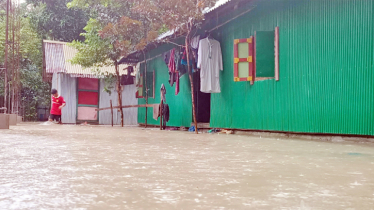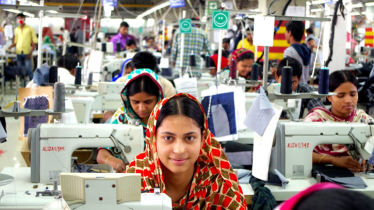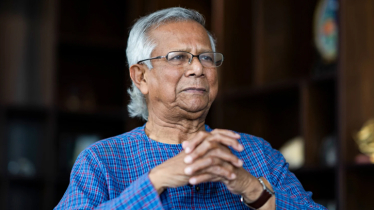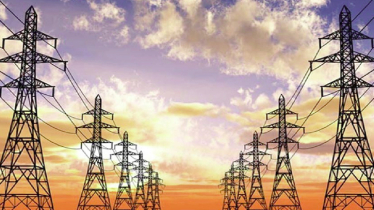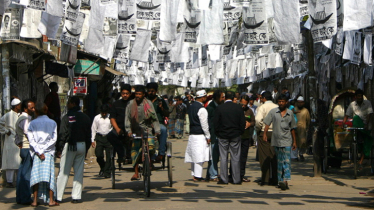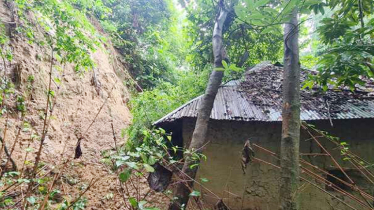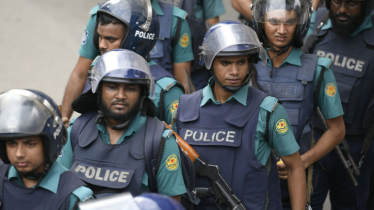
Photo : Collected
A recent study conducted in Bangladesh revealed that eight percent of the total population in the country is living with a disability. The study indicates that among the population with disabilities, seven percent are male and nine percent are female. It shows that while many households in Bangladesh have basic sanitation facilities, a significant gap exists in providing inclusive infrastructure for people with special needs.
Shockingly, 97 percent of toilets lack wheelchair-friendly access, height-adjustable pans or commodes, and easy access to water and handwashing facilities. This lack of accessibility poses a considerable challenge for persons with disabilities, with approximately 25 percent of disabled and elderly people coming into contact with excrement while using toilets.
The challenges are further intensified in villages or urban slums where physically challenged and elderly people face additional problems due to the long distance from their homes to the wash facilities. These findings are part of a comprehensive study on the'safe water, sanitation (WASH), and hygiene of disabled and elderly people across the country,’ jointly organised by B-SCAN and ICDDR. The survey unveiled at a roundtable discussion highlighted the challenges faced by persons with disabilities in accessing basic facilities.
Despite the existence of laws aimed at protecting the rights of persons with disabilities in Bangladesh, such as the Rights and Protection of Persons with Disabilities Act enacted in 2013, the practical implementation of these provisions remains a challenge. Section 16 of the Act emphasises the right of every person with disabilities to live and develop to the full, ensuring accessibility to healthcare, education, workplaces, and the provision of necessary comfort and reasonable facilities in all necessary areas.
Non-governmental organisations (NGOs) in the country, particularly those working on the rights of persons with disabilities, have been actively advocating for the prioritisation of these issues through various programmes, including rallies and discussions. Despite their efforts, the expected results have not materialized. Consequently, there is a collective call for the serious consideration of these issues at all levels, not just by the government but by society as a whole.
In addition to making infrastructural adjustments, it is important to establish an inclusive environment that caters to the varied needs and obstacles faced by people with disabilities. It is notable that even as the country progresses, the concerns of the disabled community should not be overlooked, and a concerted effort is needed to address these challenges comprehensively.
Messenger/Fameema

